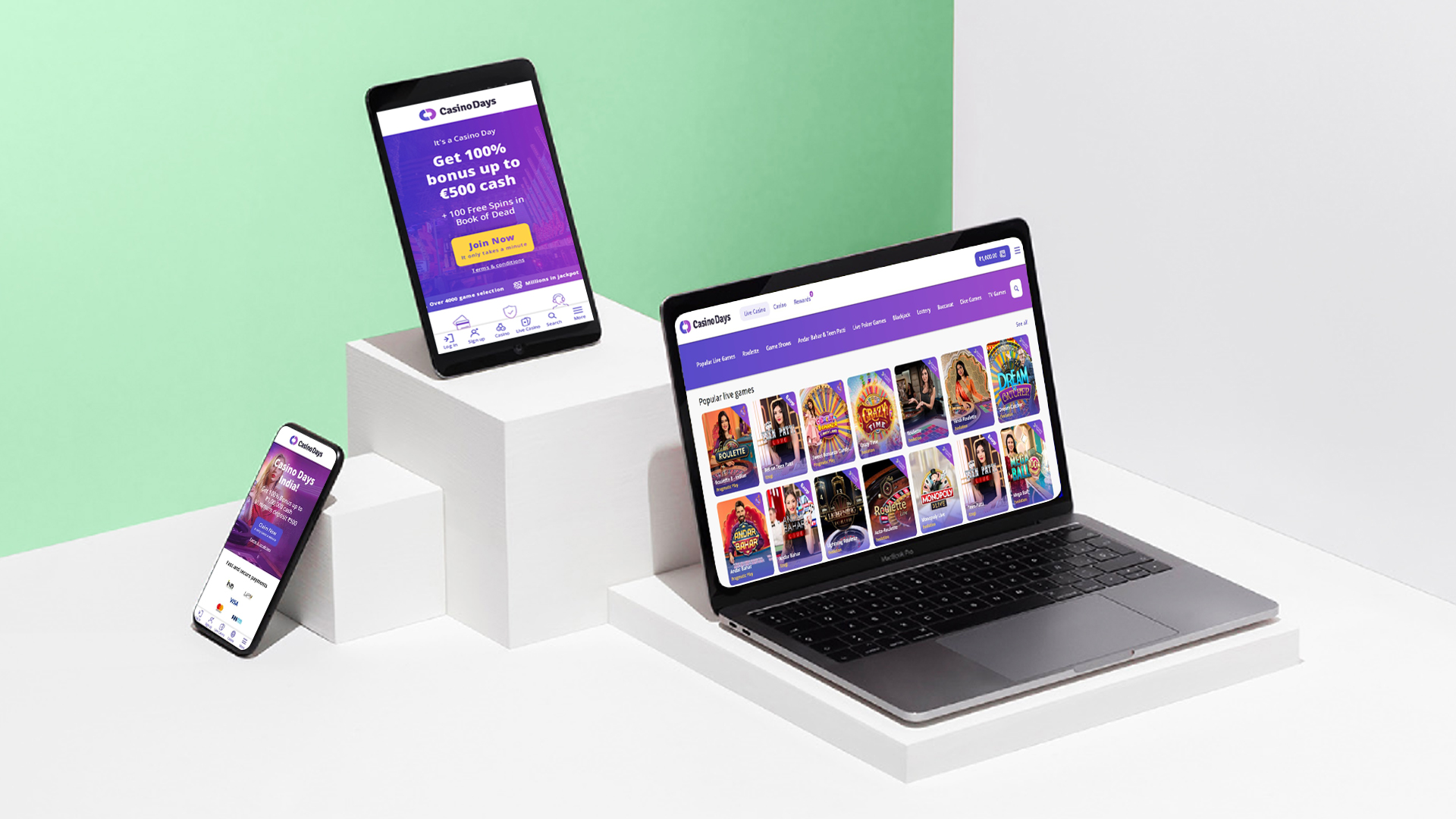Top News
South Korea offers $10-bn fund for Modi projects: Korean envoy

New Delhi: As Prime Minister Narendra Modi commenced his two-day visit to Seoul Monday, South Korea has offered to set up a $10-billion fund to support several of his ambitious projects, from bullet trains to smart cities, the country’s envoy to India Joon-gyu Lee has said.
“My country is offering India a financial package amounting to a total of $10 billion. This will comprise an economic development cooperation fund of $1 billion and export credits of another $9 billion,” Lee told IANS in an exclusive interview.
“This fund will be used to support several of Prime Minister Modi’s initiatives on infrastructure development, including smart cities project, railways, power generation, transmission and also other sectors that can be agreed upon at a later stage,” Lee added.
According to him, South Korean companies are especially interested in developing India’s railroad network, ports and other modern transportation mediums. “Discussions with the relevant ministries and companies are ongoing — like in upgrading the existing railways,” the ambassador elaborated.
“South Korea has the experience in all aspects of railway development, from modernisation of the existing network to complete turnkey for high-speed ‘bullet trains’. My country stands ready to work with India to develop its transportation infrastructure.”
As he landed in Seoul on Monday, infrastructure, apart from the hard-sell of his “Make in India” campaign, in the typical Modi style, is set to be the cornerstone of the India premier’s visit to this northeast asian nation with which India enjoys bilateral trade worth $20 billion annually.
Modi has, many a time, evinced interest in South Korea’s capability in ship building and the need to boost the Indian vessel-manufacturing operations. Seoul is keen to pursue ties in this area as well.
“We are working hard on this issue. We appreciate very much the prime minister’s acknowledgement for our ship-building industry. We are obliged, and priviledged, to respond to India’s call for collaborations seriously,” the ambassador said in the free-wheeling talk with.
According to him, the prime minister’s visit to the biggest shipyard in South Korea was showed how important this industry was to both nations, “I am sure our two government will find a nice way to explore the big potential of cooperation in ship-building.”
On the interest shown by South Korean companies to expand manufacturing operations in India, the envoy said: “You may expect larger number of Korean companies and more investments. Decisions will be made by companies themselves, but I can share the bright prospects,” he said.
“Our companies have been doing well in India. This has led Korean company to consider further expansion of their manufacturing and other operations in India. I hope the trend continues. I’m sure Korea can become a key partner in ‘Make in India’ initiative,” said Lee.
South Korean companies, especially their large global conglomerates, called chaebols in their language, have become household names in India, notably Samsung, LG and Hyundai, and earlier Daewoo.
Asked about the trade balance being heavily skewed in South Korea’s favour, at $7.5 billion per annum, the ambassador said the government’s of the both have held talks to allow greater market access to Indian pharma and services sectors to prune the imbalance.
“There is no doubt both sides should gain from trade for the relationship to grow. At the same, I agree that continued trade imbalance is not good. But please also understand, significant volumes of Korean exports to India is intermediate goods, like components, which are assembled in India.”
He expected the issue to be discussed by the leaderships of the two countries during the prime Minister’s visit. “Korea will do it’s best to get rid of any obstacles, if any, for fine Indian goods to be exported to our country,” the ambassador said.
Entertainment
Casino Days Reveal Internal Data on Most Popular Smartphones

International online casino Casino Days has published a report sharing their internal data on what types and brands of devices are used to play on the platform by users from the South Asian region.
Such aggregate data analyses allow the operator to optimise their website for the brands and models of devices people are actually using.
The insights gained through the research also help Casino Days tailor their services based on the better understanding of their clients and their needs.
Desktops and Tablets Lose the Battle vs Mobile
The primary data samples analysed by Casino Days reveal that mobile connections dominate the market in South Asia and are responsible for a whopping 96.6% of gaming sessions, while computers and tablets have negligible shares of 2.9% and 0.5% respectively.
The authors of the study point out that historically, playing online casino was exclusively done on computers, and attribute thе major shift to mobile that has unfolded over time to the wide spread of cheaper smartphones and mobile data plans in South Asia.
“Some of the reasons behind this massive difference in device type are affordability, technical advantages, as well as cheaper and more obtainable internet plans for mobiles than those for computers,” the researchers comment.
Xiaomi and Vivo Outperform Samsung, Apple Way Down in Rankings
Chinese brands Xiaomi and Vivo were used by 21.9% and 20.79% of Casino Days players from South Asia respectively, and together with the positioned in third place with a 18.1% share South Korean brand Samsung dominate the market among real money gamers in the region.
Cupertino, California-based Apple is way down in seventh with a user share of just 2.29%, overshadowed by Chinese brands Realme (11.43%), OPPO (11.23%), and OnePlus (4.07%).
Huawei is at the very bottom of the chart with a tiny share just below the single percent mark, trailing behind mobile devices by Motorola, Google, and Infinix.
The data on actual phone usage provided by Casino Days, even though limited to the gaming parts of the population of South Asia, paints a different picture from global statistics on smartphone shipments by vendors.
Apple and Samsung have been sharing the worldwide lead for over a decade, while current regional leader Xiaomi secured their third position globally just a couple of years ago.
Striking Android Dominance among South Asian Real Money Gaming Communities
The shifted market share patterns of the world’s top smartphone brands in South Asia observed by the Casino Days research paper reveal a striking dominance of Android devices at the expense of iOS-powered phones.
On the global level, Android enjoys a comfortable lead with a sizable 68.79% share which grows to nearly 79% when we look at the whole continent of Asia. The data on South Asian real money gaming communities suggests that Android’s dominance grows even higher and is north of the 90% mark.
Among the major factors behind these figures, the authors of the study point to the relative affordability of and greater availability of Android devices in the region, especially when manufactured locally in countries like India and Vietnam.
“And, with influencers and tech reviews putting emphasis on Android devices, the choice of mobile phone brand and OS becomes easy; Android has a much wider range of products and caters to the Asian online casino market in ways that Apple can’t due to technical limitations,” the researchers add.
The far better integration achieved by Google Pay compared to its counterpart Apple Pay has also played a crucial role in shaping the existing smartphone market trends.
Content provided by Adverloom

























